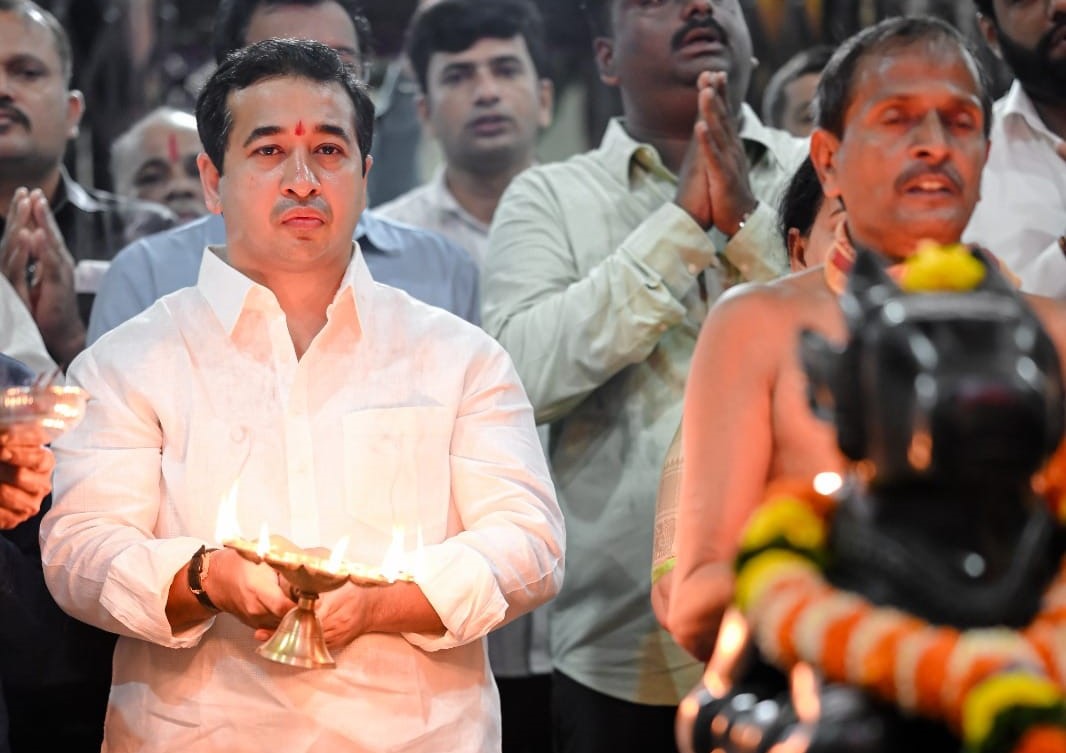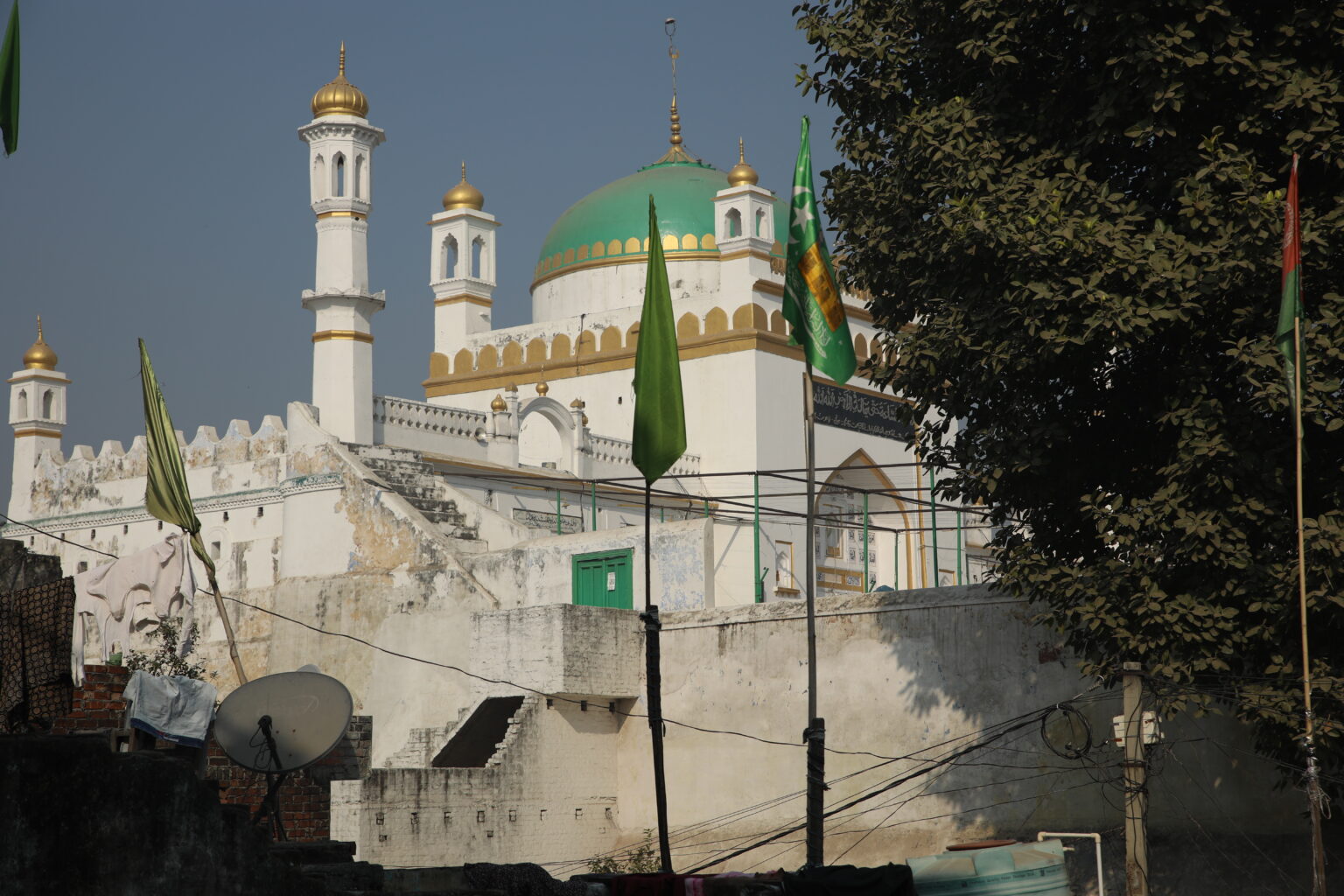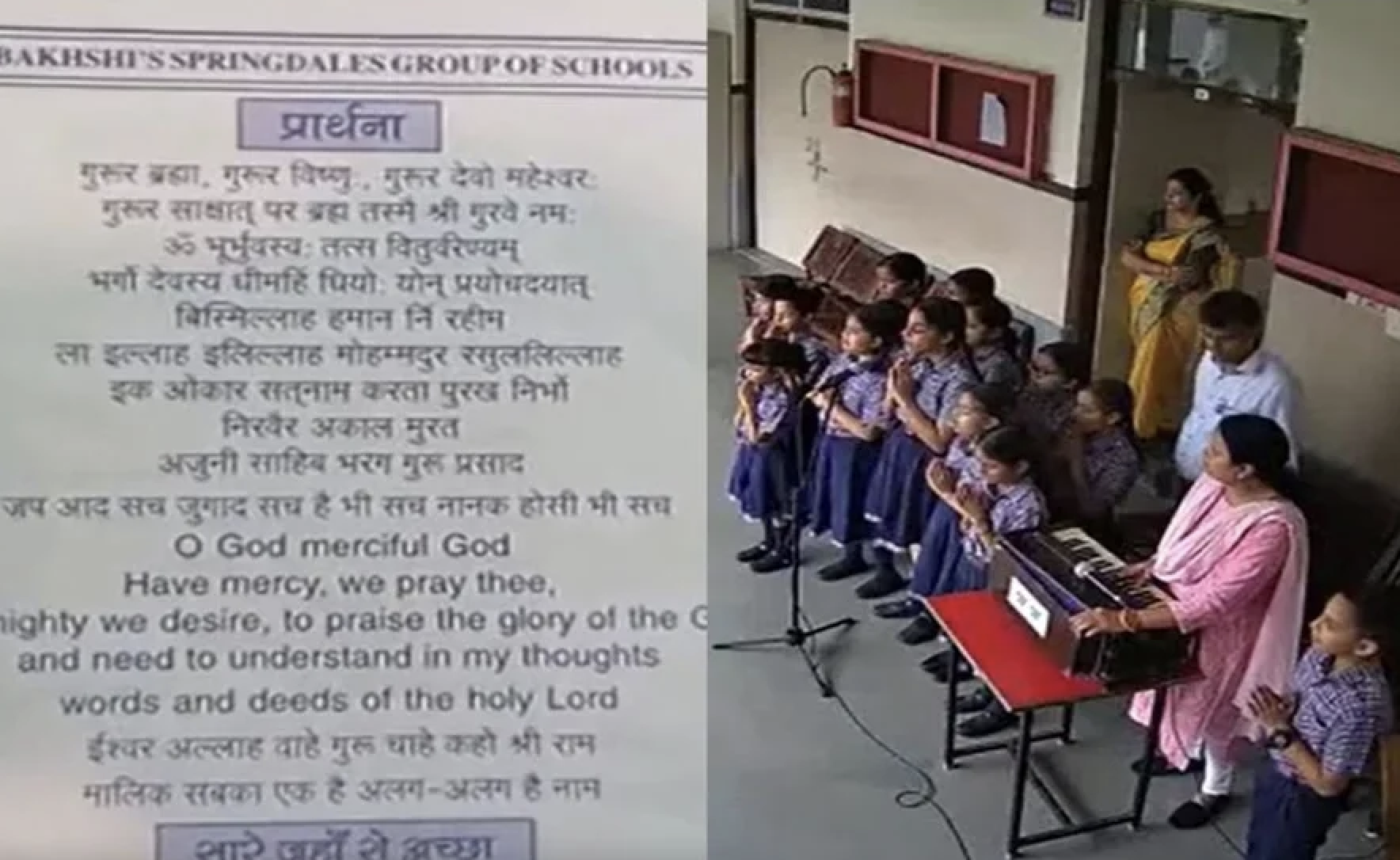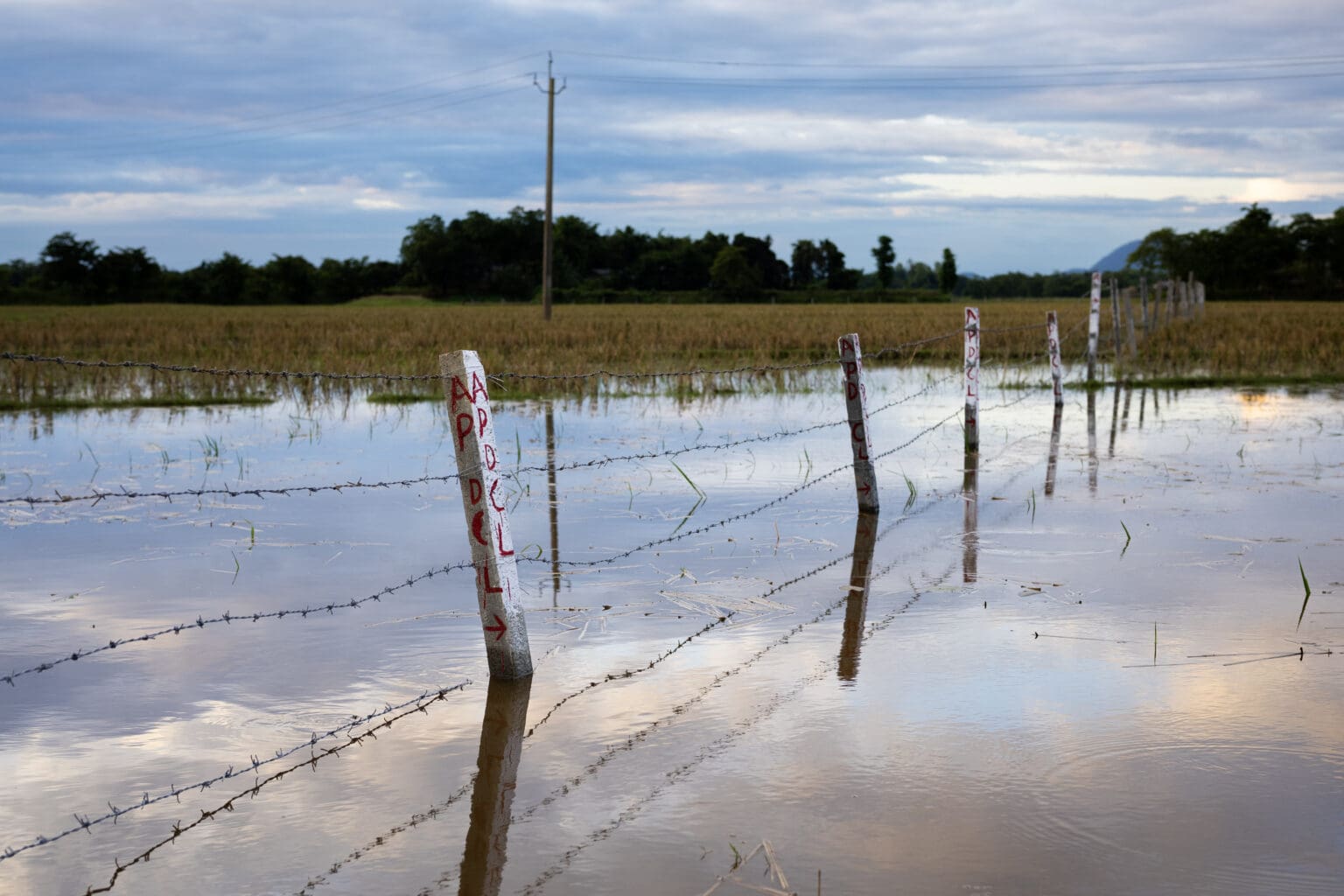By Ayush Tiwari
One month and seven exclusives. All published by one media outlet and filed by a single reporter, and all based on interrogations by the Delhi Police special cell.
In August, Zee News published regular reports on the police investigation into the communal riots that broke out in Northeast Delhi in February this year. These reports were misleading, one-sided and without substance. They were based only on a single source, the Delhi police, and often had no source at all.
The reports came out once every two or four days. Here’s a list.
- August 2 – Tahir Hussain confesses of masterminding northeast Delhi riots, says ‘wanted to teach lessons’ (Hindi)
- August 2 – दिल्ली हिंसा में पुलिस का बड़ा खुलासा, दंगों के लिए बने थे ये खास ‘कोड वर्ड’
- August 3 – बड़ा खुलासा: दिल्ली हिंंसा के लिए हुई थी करोड़ों की फंडिंग, इनके अकाउंट में ट्रांसफर हुए पैसे (English)
- August 8 – Delhi riots’ inside story: No normal calls, SIM cards destroyed, code words used to dodge police
- August 10 – दिल्ली दंगे: आरोपी महिला का खुलासा- DU के प्रोफेसर अपूर्वानंद ने की दंगों की साजिश (English)
- August 14 – Exclusive: Delhi riots were planned after Jamia violence; PFI provided funds, reveals RJD youth wing leader Meeran Haider (Hindi)
- August 18 – Delhi riots accused Asif Iqbal Tanha confesses to holding Chakka Jam during US President Donald Trump’s visit on Umar Khalid’s instruction (Hindi)
These reports garnered extraordinary reception on social media. The report on Professor Apoorvanand as a “mastermind” of the riots had almost 7,000 interactions — a sum of likes, comments, shares — on a single post on Zee News’s Facebook page. The August 3 report on foreign funding had more than 9,000 interactions. The Hindi report on Tahir Hussain’s “confession” saw more than 45,000 interactions on one post, while the Hindi report on Asif Iqbal Tanha had 60,000 interactions.
At Zee News, these stories were filed by Neeraj Gaur, who covers crime for the channel. Together, they tell the same tale that the Delhi police has been drafting into its riots chargesheets: how protesters against the Citizenship Amendment Act — mostly Muslim activists — planned the communal conflagration in Delhi soon after the police crackdown in Jamia Millia Islamia University on December 15. These protesters wanted to unite Muslims against the Narendra Modi government. The Jamia Coordination Committee, or JCC, was formed to strategise and execute the violence in three stages: protests, roadblocks, and then riots. They were assisted by members of Pinjra Tod and the funding came from the Popular Front of India.
Yet, this is the moderate version. In an affidavit to the Delhi High Court in July, the police had said that the protesters were ready to “advocate and execute a secessionist movement in the country by propagating an armed rebellion against the lawfully constituted government of the day.”
Zee News took these theories forward, based on inputs from the Delhi police special cell. Before August, Gaur had filed three other reports with a similar storyline:
- March 6 – Delhi Police to grill suspended AAP leader Tahir Hussain on these 15 questions
- March 13 – Delhi riots: IB staffer Ankit Sharma murder accused says ‘killing was planned conspiracy’
- July 4 – Special Cell finds link of foreign funding in Delhi riots case, traces accused Khalid Saifi’s meet with Zakir Naik
Of the 10 reports, six are allegedly based on the interrogation of those accused in the riots: former Aam Aadmi Party councillor Tahir Hussain, Jamia students Meeran Haider and Asif Iqbal Tanha, Delhi University student Gulfisha Fatima, Jagat Puri resident Shadab Ahmed, and one Salman. Four of them — Hussain, Haider, Tanha and Fatima — were marketed as “confessions” to the Delhi police. All four are also booked under the draconian Unlawful Activities (Prevention) Act.
In late August, the Delhi High Court issued notice to the Delhi police, Zee News and right-wing blog OpIndia after a plea by Tanha, demanding court orders for an enquiry into alleged misconduct on part of the police for “leaking” sensitive information to the media outlets.
Sloppy, sourceless and one-sided
Let’s take a closer look at the Zee News reports.
The channel’s August 18 report on Tanha is based on “what Asif Iqbal told during interrogation to the Special Cell of the Delhi Police”. Readers are not specifically told the source of the information at any point. This matters because the report goes on to make a serious claim, that Tanha confessed “to instigating people to start riots over CAA in Delhi”.
The Hindi version of this report says that Tanha wanted to turn India into an “Islamic nation” and that he personally set fire to the buses outside Jamia University on December 15. These claims are strangely omitted in the English report by the same reporter.
Here’s a sentence from the Zee report from August 14 on the “startling revelations” made by Meeran Haider: “According to reports, Haider, who is also the president of the Rashtriya Janata Dal youth wing’s Delhi unit, has told the investigators that the communal riots in northeast Delhi were planned after Jamia violence.” (Emphasis added)
Which reports? We’re never told. There is no hyperlink either. We can, however, guess where this information came from, since it is based on what the “young RJD leader had told Delhi police”.
The report adds that Haider was full of “anger and hatred” after the Narendra Modi government’s revocation of Article 370, the Babri Masjid-Ram Janmabhoomi verdict by the Supreme Court, and the Citizenship Amendment Act. Strangely, the Zee News report on Tahir Hussain’s “confession”, which relies on “police officials”, attributed the very same triangular motive to Hussain’s alleged participation in the violence.
In a piece in early August, Newslaundry had reported how the media coverage of Hussain’s confession was simply a regurgitated version of stories already reported in June. It made a comeback in August, but not without contradictions.
For example, Zee News, which relied on information from the police, reported in August that Hussain and others held a meeting on February 4 to plan the riots to coincide with US president Donald Trump’s visit to India. This is an inexplicable shift in position from the police’s earlier claim that this meeting took place on January 8 — a flimsy claim, as explained by the Quint.
The Zee News report from August 3 claimed that Hussain, activist Khalid Saifi, and ex-Congress councillor Ishrat Jahan, among others, received lakhs and crores of rupees to fund the riots. It did not cite any source, merely noting that the information surfaced during the crime branch probe into the violence. The English version of this report went a step ahead, attributing the information to “ANI sources” and the same old mysterious “reports”.
None of these reports included comments by the lawyers representing Tanha, Hussain, Haider, Saifi and Jahan.
On August 10, Zee published a report implicating Delhi University professor Apoorvanand as the “mastermind” of the communal carnage. This was based on a “confession” by 28-year-old Gulfisha Fatima to the Delhi police, a copy of which reached Zee News. The English version of the report has frivolous sentences like this: “You may find it difficult to believe that a Professor from Delhi University can also be part of this conspiracy.”
In an open letter to editors of Zee News and Aaj Tak, Apoorvanand said the practices employed by the two channels amount to propaganda. “The insinuations that your story has made against me are very hurtful and also have very dangerous implications,” he wrote. “Your viewers, including students, would be inclined to believe in what you were saying and act upon it with unpredictable consequences.”
However, there is an elephant in the room that none of the Zee News reports acknowledge: what they call “confessions” are not confessions at all. None of them are even admissible as evidence in the court of law. This is because statements by an accused in police custody are not deemed valid evidence. This is clearly stated in Section 26 of the Indian Evidence Act (1872): “No confession made by any person whilst he is in the custody of a police officer, unless it is made in the immediate presence of a Magistrate, shall be proved as against such person.”
‘It is not a confession’
Sowjhanya Shankaran is one of the lawyers representing Asif Iqbal Tanha, a BA Persian student in his third year at Jamia Millia Islamia University. Tanha was arrested in a case registered under FIR No. 59/2020 (crime branch) in May.
“A disclosure statement may be a part of a chargesheet. Up until the time a chargesheet is filed, a disclosure statement has absolutely no business being in the public domain,” Shankaran told Newslaundry.
On August 20, Tanha moved the Delhi High Court against “publication and broadcast by various news outlets of highly sensitive/confidential information”. His lawyers argued that the aim of such reports appeared to be to “vilify and severely prejudice the fair trial rights” of the petitioner.
“The chargesheet in this case has not been filed. There is no way for Zee News to have obtained a copy of this disclosure statement if it was not leaked by Delhi police,” his lawyers had argued before the court. Shankaran also noted that the reports in Zee came at a time when Tanha’s bail plea was listed before the court. He was denied bail on September 3.
Pramod Kushwaha, the deputy commissioner of the Delhi police’s special cell, who has been conducting high-profile interrogations in the riots probe, has been made a respondent in the case. So have Zee News, OpIndia, YouTube and Facebook. The next hearing in the matter is listed for September 11.
A match made in heaven
On September 1, despite the Delhi police’s bombast about Jawaharlal Nehru University student Devangana Kalita’s role in the riots, she was granted bail by the Delhi High Court because the police “failed to produce any material” to prove that she instigated riots and indulged in hate speech.
The police’s objectionable transmissions to the media have been a recurring feature in her case too. In a petition filed in June, Kalita had argued that the police were “selectively leaking” information on allegations against her. In an interim order, the high court had restrained the police from issuing any statement to the media or on any social media platforms through an interim order.
While hearing another plea by Kalita in July, the Delhi High Court told the police that supporting a media trial “cannot be the approach of the police. There has to be some restraint that they [the police] have to follow.”
The Delhi police will file its chargesheet into FIR 59/2020 next week. Meeran Haider, Asif Iqbal Tanha, Gulfisha Fatima and Tahir Hussain are named as accused in it.
Why would the Delhi police misrepresent sensitive documents on Zee News? For one, such reports colour the perception of a reader about a person. More so if Zee does not clarify that these statements are not confessions and are inadmissible as evidence, and does not include comments from the accused.
On August 18, Zee News editor-in-chief Sudhir Chaudhary did a primetime segment on Tanha’s “confession”. Chaudhary read it out from a piece of paper. This indicates that Chaudhary might have had a copy of the statement in his physical possession. But how did he report it? The anchor’s show was as misleading as the reports: he kept calling the disclosure statement a “confession” and never stated that it was not considered valid evidence. The hitjob was sold as “the truth of Jamia violence”.

The Zee News-Delhi police collaboration seems like a match made in heaven. Zee gets to cash in on so-called exclusives, and the Delhi police gets to influence public opinion. But this partnership is also pockmarked with unreliability and deceit. The channel has a reputation of broadcasting false news and hate speech against Muslims. The bent of its reportage is blatantly in favour of the BJP, whose leaders — Kapil Mishra, Anurag Thakur, Parvesh Verma — were seen rousing communal passions in the capital before the riots broke out.
The Delhi police too has so far not registered an FIR against these BJP leaders. It faces allegations of fabricating statements of witnesses and disclosure statements by the accused in its riots probe. These were reported by Newslaundry in its coverage of two murders during the riots: Maruf Ali, an electrician from Ghonda who was shot dead on February 25, and Shahid Alam, an auto driver from Mustafabad who was killed on February 24. The police’s role in the communal violence in February was reported comprehensively by Amnesty International in late August. Its investigation into the has also been criticised by the court.
Newslaundry reached out to Sudhir Chaudhary with a set of detailed questions. This piece will be updated if and when he responds.
Newslaundry sent a questionnaire to Delhi Police. This piece will be updated if and when the police respond.
This story first appeared in ‘News Laundry’ on September 11, 2020 here.






